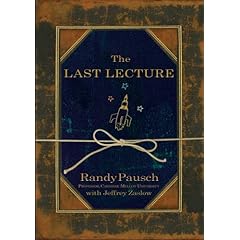The Big Picture is an excellent financial blog. The information is interesting, often thought provoking, and definitely helps with the Big Picture. Sometimes it really wakes you up.
Peter Boockvar notes: Today's consolidated volume for NYSE
names was a low for the year to date.
Helene Meisler notes: It's a bear market -- and these low volume rallies are typical of short covering. (unless you believe all those dark pools are swallowing all the volume!). As long as there are shorts in the market we will get rallies; Once the shorts cover we get a decline like last week.
Doug Kass goes even further: I am starting to scale into shorts now.
My favorite? PowerShares QQQ (QQQQ).
My catalysts? The VIX and volume.
That's our surprising data point of the day.
|








![[George Soros]](http://content8.clipmarks.com/blog_cache/blogs.wsj.com/img/B0765E49-7B8D-40EC-A5C3-D3D3DCE5E4E2)